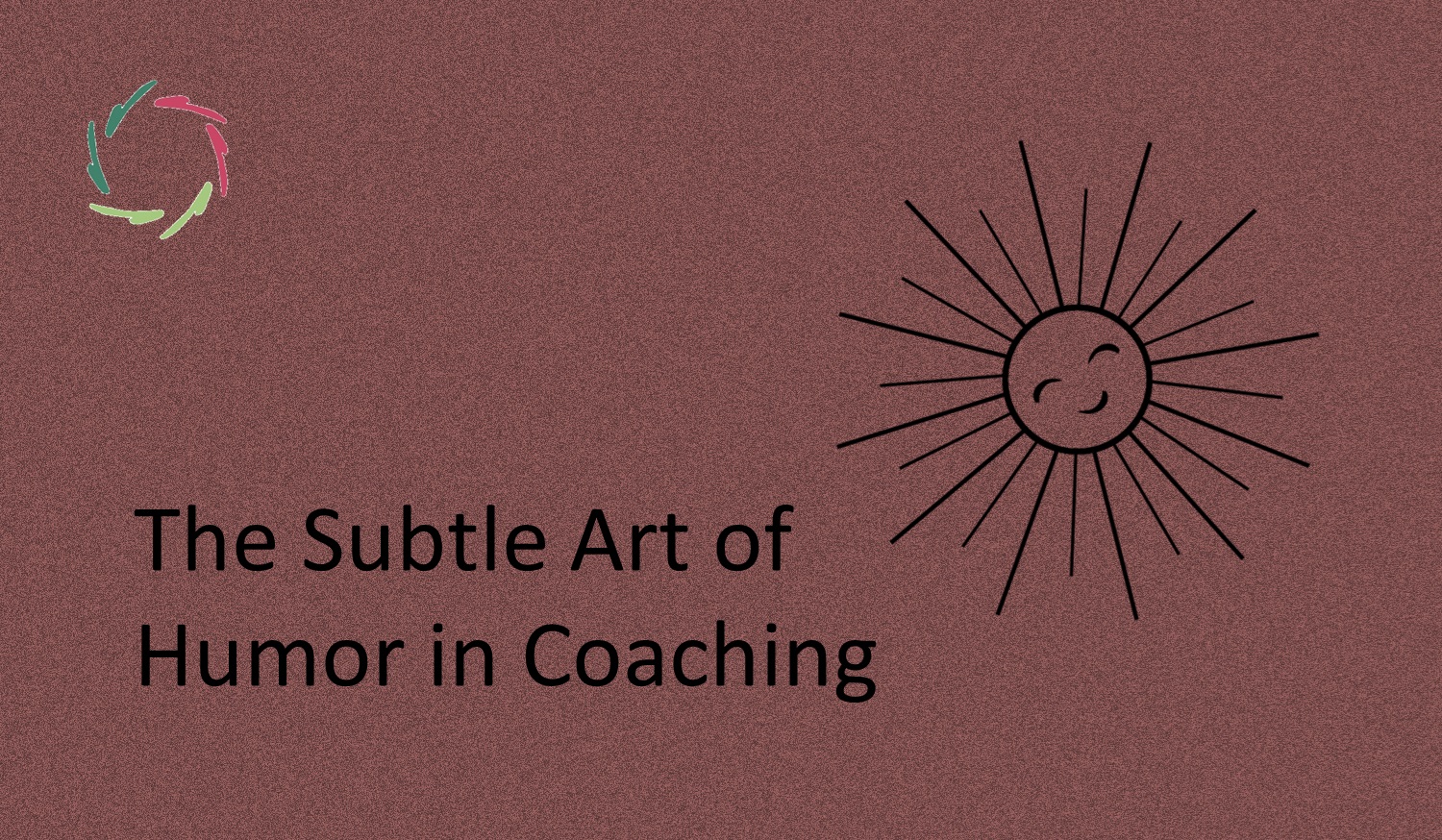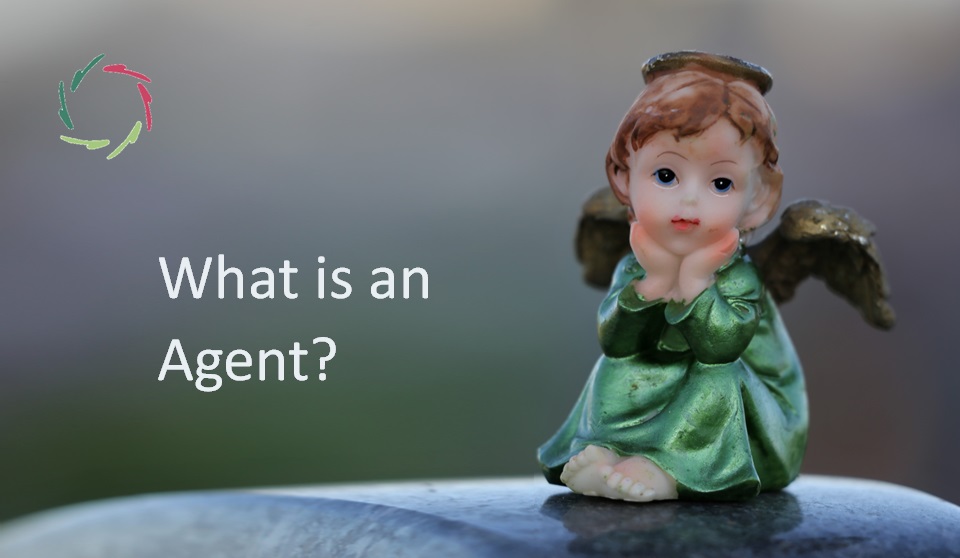The Subtle Art of Humor in Coaching

Humor isn’t just about laughter. To use humor effectively in a coaching context requires a delicate balance.
Applied with subtlety and care, humor can be a subtle yet powerful tool for fostering insight, connection, and growth, unlocking deeper levels of understanding and transformation.
This blog is part of a trilogy on humor.
You may also enjoy Lisa’s Humor in Coaching for a personal view, and Humor ― Deeper than You Think for a broader philosophical reflection.
No joke
Humor is a broader concept. It encompasses jokes but also includes the general ability to perceive, appreciate, or express what is amusing or funny. Humor can be subtle, nuanced, and context-dependent. It may involve irony, wit, playful exaggeration, or light-hearted observations that don’t necessarily follow a set formula like a joke.
Humor is a way of connecting deeply with others and oneself.
It involves the play of concepts, often leading to unexpected or incongruous connections that can evoke laughter or amusement. Humor is closely linked with the subtle interplay between the conscious and subconceptual mind, allowing for a light-hearted yet profound way to engage with the complexities of life.
In the AURELIS philosophy, humor can be seen as a tool for inner growth, an expression of freedom and openness, enabling a release of tension and a fresh perspective on challenges.
Only for humans?
Laughter is most associated with humans, but it’s not exclusive to us. Certain animals, particularly primates like chimpanzees and bonobos, also exhibit laughter-like behaviors. This typically occurs during play and social interactions, and their vocalizations bear some resemblance to human laughter.
However, human laughter is unique in its complexity, especially in how it relates to humor, social bonding, and the subtleties of our subconscious mind.
Humor serves as a uniquely human bridge between our conscious thoughts and deeper, often hidden, emotional currents. Exploring how we use laughter in relationships might reveal much about our underlying connections.
Humor in coaching
In coaching, humor can help build rapport, reduce stress, and make complex topics more approachable. It encourages openness and can foster a sense of shared humanity between coach and coachee. When a coach uses humor thoughtfully, it can create a safe space where the coachee feels comfortable exploring their inner world more deeply.
Humor can be a catalyst for insight, allowing the coachee to see their challenges in a new light and approach them with greater creativity and resilience.
Imagine, for example, a coaching session where a coachee struggles with a fear of public speaking. A well-timed humorous comment about how “even the best speakers were once nervous wrecks” can ease tension and open a pathway for deeper exploration of those fears. Humor thus becomes a gentle tool, guiding the coachee towards a new perspective with less resistance.
Humor and the subconceptual mind
Humor often works by surprising the mind, creating unexpected connections between seemingly unrelated ideas. This can directly engage the subconceptual mind, which is adept at processing complex patterns and relationships beneath conscious awareness.
By making these connections, humor can bypass the conscious mind’s defenses, allowing insights to emerge more spontaneously and naturally.
For instance, a coachee stuck in rigid thinking might benefit from a humorous analogy that reframes their situation, helping them see it from a different angle. This can lead to a sudden ‘aha’ moment where deeper insights emerge effortlessly.
Humor in autosuggestion
In the realm of autosuggestion, humor can be a powerful ally.
Autosuggestion relies on subtle, indirect communication with the deeper parts of the mind. Humor, by its nature, is non-threatening and engaging, making it an effective way to introduce new ideas or reframe existing ones. A well-placed humorous autosuggestion can gently shift a person’s perspective, making it easier for the deeper mind to accept and integrate positive changes.
AURELIS and humor
From an AURELIS perspective, humor is aligned with the values of openness, depth, and respect. It can serve as a gentle invitation to explore deeper layers of meaning without the heaviness that sometimes accompanies weighty introspection. Humor can also reflect a profound trust in the process of growth — a recognition that even in the most challenging situations, there is room for lightness and the unexpected.
In essence, humor is more than just a tool for entertainment. In the context of AURELIS, it becomes a bridge to deeper understanding, a way to connect with the subconceptual mind and a means to foster meaningful change in coaching and beyond.
Lisa’s role in humor-fueled coaching
Lisa, as an A.I. coach grounded in the AURELIS philosophy, uses humor to support inner growth. She keeps a careful balance, not to make jokes but to bring a sense of lightness and playfulness to the coaching experience. As you engage with Lisa, you may notice how her subtle humor gently nudges you toward new perspectives, helping you see your challenges with fresh eyes.
This helps create a space where insights can emerge naturally, challenges can be reframed, and growth becomes a joyfully transformative exploration.
For more about Lisa’s humor in coaching, click here.


